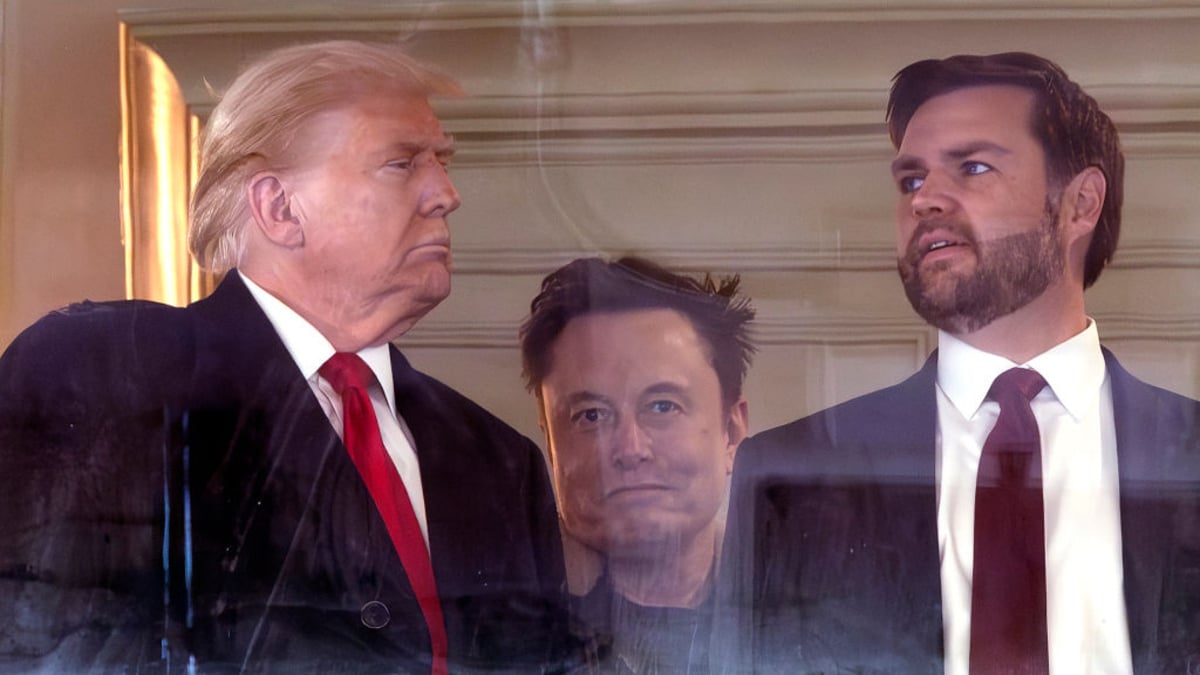Donald Trump doesn’t have the best track record for implementing his plans.
It makes sense that he often gets things wrong. After all, this is a man who was handed his wealth on a plate, and has managed to fail at running a casino. His other business failures (steak, vodka, the criminal enterprise that was Trump University) are numerous, and his political ones are also pretty substantial. His headline 2016 policy of building a border wall between Mexico and the United States remains incomplete, to name just one of his many aborted or languishing projects.
So, when news broke that the incoming Trump team had floated the idea of shutting down the Federal Deposit Insurance Corporation (FDIC), as per CNN, many were understandably alarmed, but others were quick to write it off as impractical, or even impossible.
So, will Trump’s DOGE really abolish the FDIC? And, if they managed to do so, what would that mean for Americans?
What is the FDIC?
Created during the Great Depression, the FDIC’s main priority is to ensure Americans won’t be left empty handed if their bank goes out of business. The organization provides at least $250,000 of insurance per depositor, as long as their funds were invested in an FDIC-insured bank.
The organization is funded by banks pooling their cash together, and is one of the rare bank regulators and government bodies that is genuinely trusted by most Americans, regardless of their political affiliation. It turns out it’s really hard to politicize the idea of not losing your life savings because of something completely out of your control, although we’re sure Republican strategists are working on changing that.
The FDIC has a long history of doing its job with minimum fuss, and most analysts agree that shutting it down would have some dire consequences. Law professor at Boston College and former federal regulator Patricia McCoy suggested that the plans would trigger “bank runs” and “pose an enormous risk of terrifying Americans about the safety of their deposits.”
Will Trump’s DOGE really abolish the FDIC?
While the Trump administration is hardly known for basing their decisions in logic and reason, it is highly unlikely that they will abolish the FDIC.
Senior fellow at the Brookings Institution Aaron Klein went on record as saying that there is “no chance” the FDIC would be shut by lawmakers. It would also take a majority of 60 in the senate to be slashed, which is unlikely even with the Republican advantage among senators. Klein also said that the idea had “as much logic as asking if Trump can abolish Wednesday,” before adding “the FDIC’s brand value to consumers is immense.”
The idea to cut the FDIC is part of a wider attempt by conservative lawmakers to streamline government services and regulators, in what they would argue is an attempt to make America more competitive, but can also be seen as a way to further funnel wealth from working Americans to the wealthiest.
What is more likely is a consolidation of banking regulators, although this might face opposition from an unlikely force: the banks themselves. At the moment, the bulky regulatory landscape means that forcing new rules on banks takes a long time, as all the different organizations need to be in lockstep. Additionally, if the regulator was streamlined, allowing one group to have major oversight, that could backfire if a more left-wing president were to take the reigns in four years.
So, aboloshing the FDIC would be a dangerous move, opposed by the vast majority of stakeholders and experts in the field, and is a practical impossibility. Seems like the sort of thing Trump would dive right into.
